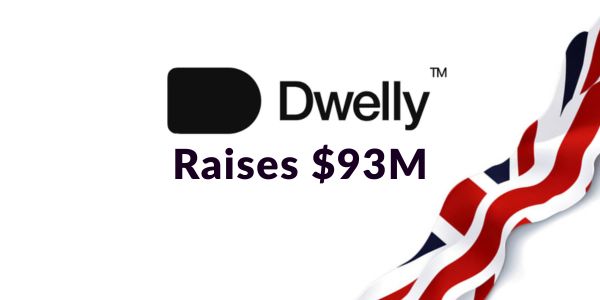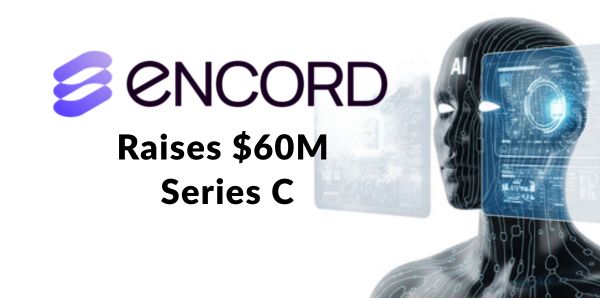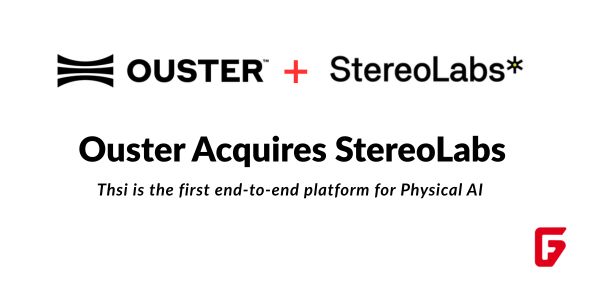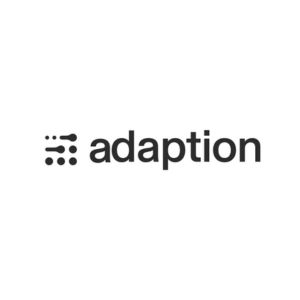Startups & Business News
Illinois Bans AI Therapy: New Law Regulates Mental Health Tech
KEY POINTS
Illinois is the first state to ban AI from providing standalone mental health therapy, effective immediately.
The law strictly prohibits AI from making independent therapeutic decisions or offering direct clinical interaction—violators face fines up to $10,000 per offense.
Limited AI use is permitted only for admin tasks (like scheduling or billing) or analyzing anonymized data—always with explicit patient consent.
This move reflects a nationwide surge of similar legislative efforts as states fill the regulatory gap in health AI oversight.

Why Did Illinois Ban AI Therapy? Understanding the Groundbreaking Law
What Does the New Law Actually Prohibit?
Signed into law by Governor JB Pritzker, the Wellness and Oversight for Psychological Resources Act (HB 1806) strictly forbids anyone—individual, company, or tech giant—from offering therapy or psychotherapy services through AI. Only licensed professionals are allowed to serve patients directly, and AI is now officially banned from making clinical decisions, generating treatment plans, or communicating directly with patients in a therapeutic context.
The law took immediate effect and grants the Illinois Department of Financial and Professional Regulation the authority to investigate violations. If found guilty, an individual or business faces up to $10,000 in fines for every offense.
Why so urgent? Recent high-profile AI failures, including a lab test case with a fictional character created by researchers, where an AI “therapist” shockingly suggested using meth to a recovering addict, helped catalyze this tough stance. The consensus is clear: AI chatbots lack empathy and accountability, and unchecked use in sensitive mental health scenarios could do real harm.
Can AI Still Be Used for Anything in Mental Health? Yes—But With Limits
Illinois didn’t throw artificial intelligence (AI) out the window entirely. The law recognizes AI’s usefulness for administrative and supplementary tasks. Licensed therapists can use AI for things like:
Scheduling appointments
Processing billing
Drafting therapy notes
Analyzing anonymized data for clinical trends
But anytime AI is used in a session for recording, transcription, or analysis, patients must be explicitly notified in writing and give revocable consent. Catch-all forms, implied digital “hover” agreements, or vague checkboxes are not valid consent.
Who and What Is Exempt?
Not everything with a chatbot is banned. The law does NOT cover:
Faith-based counseling.
Peer-support groups.
Publicly available self-help and educational tools that don’t claim to offer therapy.
What Are the Penalties for Breaking the Law?
How Is Illinois Leading a National Trend?
Illinois isn’t alone—34 states have introduced over 250 AI health-related bills this year. But Illinois is the first to enact a law this sweeping. Other states vary in how tough they are:
Utah: Requires clear disclosure that users are talking to a bot, but doesn’t ban AI chat completely.
Nevada: Bans AI from providing counseling in public schools and certain health services.
New York: Mandates AI companions must refer distressed users to suicide hotlines.
California, Texas, North Carolina, New Jersey: All have regulations or proposals targeting AI’s role in mental health.
This state-level movement is filling a vacuum: with little federal oversight, states have become “laboratories for policy solutions,” influencing future national standards.
Why Does This Matter?

futureTEKnow
Editorial Team
futureTEKnow is a leading source for Technology, Startups, and Business News, spotlighting the most innovative companies and breakthrough trends in emerging tech sectors like Artificial Intelligence (AI), Robotics, and the Space Industry.
Discover the companies and startups shaping tomorrow — explore the future of technology today.
Most Popular
Trending Companies
Latest Articles

Dwelly Raises $93M to Supercharge AI-Powered UK Rentals Roll-Up
London startup Dwelly just landed $93M to snap up UK rental agencies and inject AI smarts. Founders from Uber and

Encord Raises $60M Series C: Fueling Physical AI Data Wave
Encord just landed $60M in Series C funding to supercharge data tools for physical AI. Founders Eric Landau and Ulrik

Foodforecast Raises €8M Series A to Slash Ultra-Fresh Food Waste with AI
Foodforecast, a Cologne AI foodtech firm, just scored €8M in Series A funding led by SHIFT Invest. Their tools predict

AI-Driven Operational Excellence: How Leaders Scale Ownership, Discipline, and Continuous Improvement in 2026
In 2026, AI scales operational excellence fundamentals—clear ownership, disciplined execution, and continuous improvement—letting leaders focus on outcomes while systems handle

VoiceLine raises €10M to scale voice AI for enterprise frontline teams
Munich-based VoiceLine has closed a €10M Series A round to grow its voice AI platform for frontline sales and service

AI-Driven Logistics & Distribution Transformation: From Insight to Scalable Impact
AI is redefining logistics transformation—from network design to real-time execution. This article explores how data-driven insight, intelligent automation, and scalable

Hai Robotics Hong Kong IPO: From Startup Funding to Warehouse Robot Leader
Shenzhen’s Hai Robotics, pioneer in ACR warehouse robots, files for HK IPO after raising over $500M in funding rounds led

AI-Enabled Process Engineering & Continuous Improvement: Designing Systems That Learn
Explore how AI transforms process engineering and continuous improvement into self-learning systems. This article explains how organizations can design operations

Ouster Acquires StereoLabs: Unified Physical AI Sensing Platform Launches
Ouster’s $35M StereoLabs acquisition fuses lidar and ZED cameras into end-to-end Physical AI sensing. Founders Cecile Schmollgruber and team drive

Bretton AI Lands $75M Series B Funding to Scale AI Agents for Financial Crime and AML/KYC Compliance
Bretton AI’s $75M Series B modernizes AML KYC compliance via AI agents, slashing staffing costs for banks and fintechs like

Axiom Space Raises $350M to Build Commercial Space Station and NASA Spacesuits
Axiom Space has locked in a fresh $350M raise to push its commercial space station and NASA lunar spacesuits toward

Santé Raises $7.6M Seed: AI Fintech Revolution for Wine and Liquor Retail
New York startup Santé secures $7.6M seed to build AI-powered POS for liquor stores, tackling regs & inventory woes after
futureTEKnow is focused on identifying and promoting creators, disruptors and innovators, and serving as a vital resource for those interested in the latest advancements in technology.
© 2026 All Rights Reserved.
![Discover the top 10 AI companies in Germany [1st Edition], revolutionizing industries with cutting-edge technology and innovations.](https://futureteknow.com/wp-content/uploads/2025/02/Top-10-AI-Companies-in-Germany-Leading-the-Tech-Revolution-futureTEKnow.jpg)







